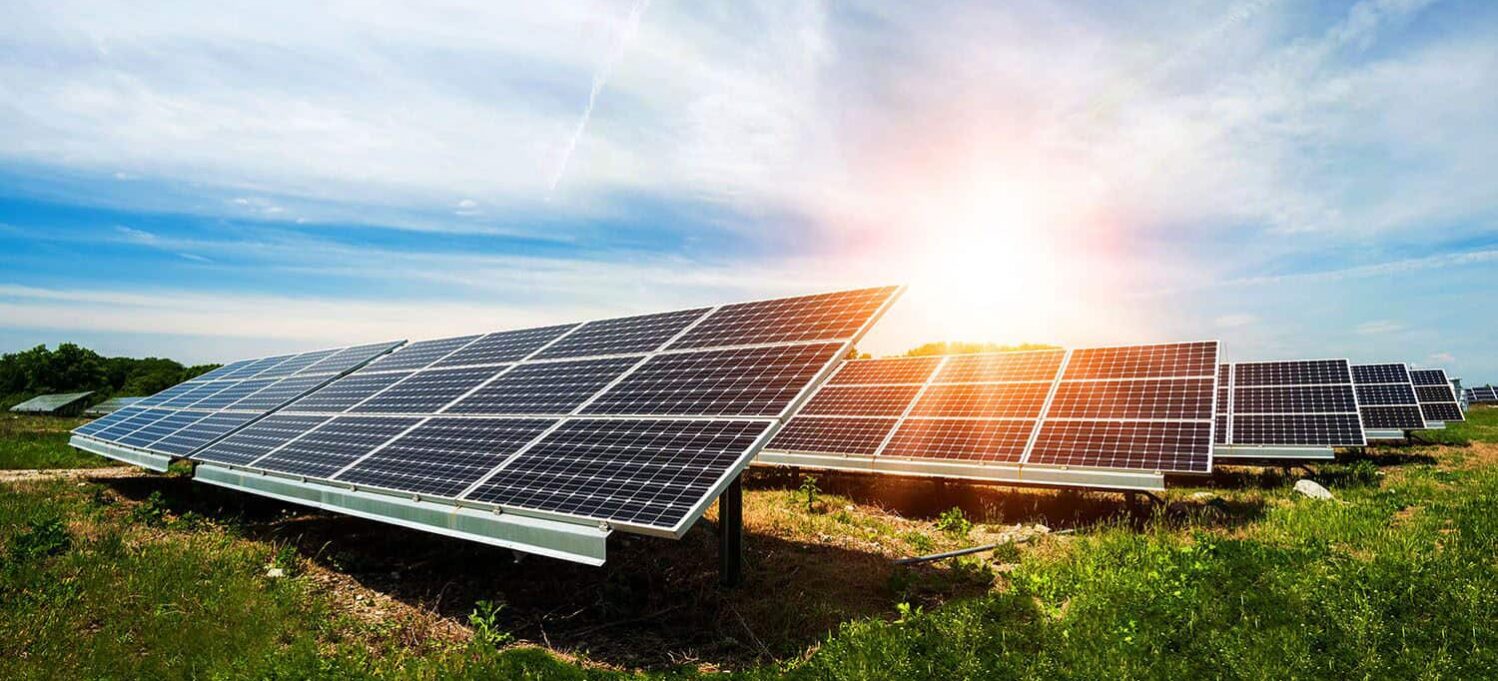Although solar energy has been around for a long time, it recently got a big boost in popularity. From households to businesses, more and more people are willing to give solar energy a try. In fact, the cumulative capacity of solar energy in the United States has almost doubled in the last five years. But while that is the case, some people are still on the fence about solar energy and its impact on the environment. Today, we are here to answer the questions what is clean solar energy and how sustainable it is.
What is Solar Energy?
It’s important to understand the basics of solar energy before we can answer what is clean solar energy. Solar energy refers to the type of energy that can be harnessed from the sun using solar panels. It is one of the most popular forms of renewable energy as a result of its versatility. For instance, you can either use a photovoltaic system to convert solar energy into electricity. Likewise, you can capture the sun’s heat using a solar thermal energy system.
Is Solar Energy Clean?
Generally speaking, solar energy is the cleanest form of renewable energy available to us. That’s because solar energy systems don’t produce greenhouse gases or air pollutants. However, it’s important to mention that while solar panels are, in theory, recyclable, they are made out of 90% impure glass. In other words, the lead, plastic, and other impurities inside the glass often prevent recycling.
Why is that important? Because most depleted or bad solar panels end up in landfills, further polluting the land around them. Additionally, natural disasters such as tornadoes or hurricanes can easily displace solar panels, even destroying entire solar farms. And since the damage can be considerably high, the solar panels will get thrown away.
What is the Solution?
More and more states are setting up regulations to prevent the disposal of solar panels. The plan is to increase the price of solar panels in order to make up for the cost of removing and storing them. And while that could discourage some people from going solar, it can also promote the safe disposal of solar panels.
Another solution is to encourage citizen enforcement of laws to store or recycle solar panels. Citizens can currently sue government agencies to protect the environment from toxic waste. A similar thing can be done for solar panels to prevent their illegal disposal and to encourage recycling where possible.
The Environmental Impact of Solar Panels Manufacturing
Fabricating solar panels involves caustic chemicals such as hydrofluoric acid and sodium hydroxide. As a result, the process emits greenhouse gases while also creating waste. However, the amount of CO2 released by fabricating solar panels is considerably lower than that of coal-powered electricity sources.
It’s also worth noting that each year, new technologies arise, reducing the overall footprint of solar panel manufacturing. One such improvement would be to replace the caustic chemicals with other similar yet safer compounds. Additionally, researchers are also looking into increasing the lifespan of solar panels in order to avoid waste.
Conclusion
What is clean solar energy? It depends on how you analyze the problem. On the one hand, solar energy harvesting does not emit greenhouse gases. On the other hand, the process of manufacturing solar panels is not as clean as it could be. However, thanks to a strong push toward renewable energy sources, solar energy is constantly evolving. It’s only a matter of time until we will be able to completely recycle old solar panels. And once that happens, we can confidently say that solar energy is completely clean and reliable.
You Might Also Be Interested In These Solar Related Topics
Looking for Solar Installation Costs?
What is the Latest Technology in Solar Panels?
Finding the Best Solar Installation Company in Florida





